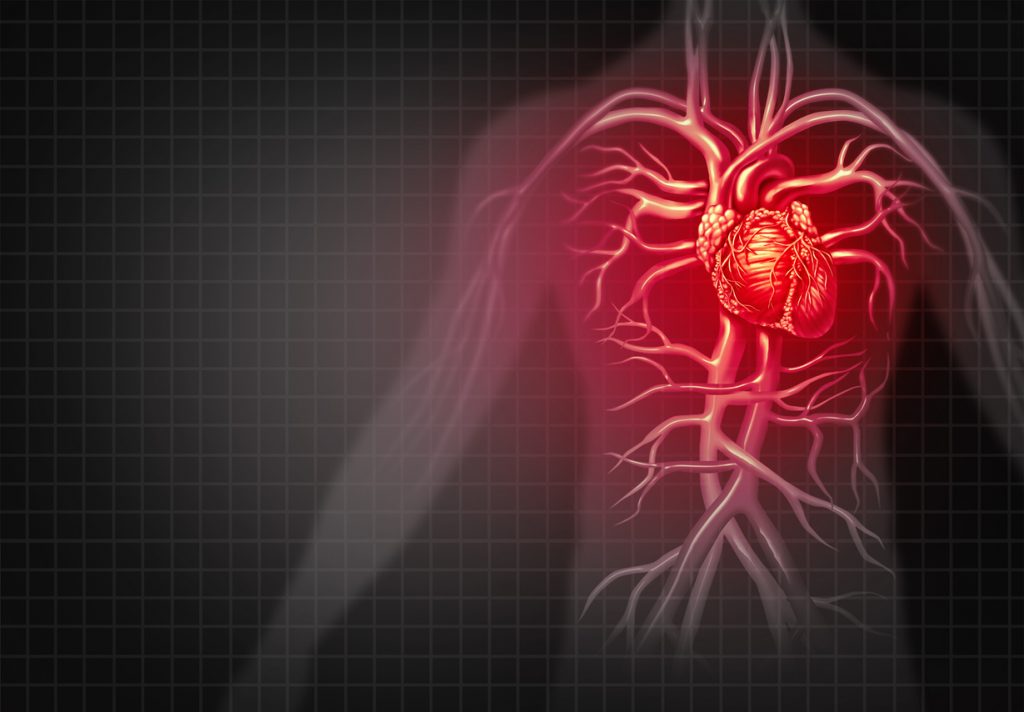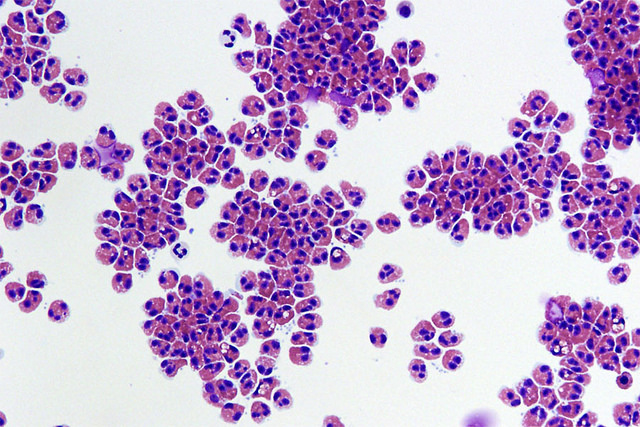The purpose of this study is to elucidate whether or not angiotensin II receptor blockers (ARB) are more beneficial or equal to angiotensin converting enzyme inhibitors (ACEI) on development or progression of silent brain infarction and cognitive decline in Japanese patients with essential hypertension in the elderly.
Official Title
Effects of Angiotensin II Receptor Blockers (ARB) and Angiotensin Converting Enzyme Inhibitors (ACEI) on Progression of Silent Brain Infarction and Cognitive Decline in Japanese Patients With Essential Hypertension in the Elderly.
Conditions
- Brain Infarction
- Hypertension
Study Type
Interventional
Study Design
Prevention, Randomised, Single Blind (Outcomes Assessor), Active Control, Parallel Assignment, Safety/Efficacy Study.
Further Details
Hypertension plays a major role in the development of cardiovascular diseases. Treating hypertension has been associated with reduction in the risk of stroke and myocardial infarction. Angiotensin converting enzyme inhibitor (ACEI), ramipril, showed a 32 % in relative risk of reduction in the Heart Outcomes Prevention Evaluation (HOPE) trial. Angiotensin II receptor blocker (ARB), losartan, also showed a 25 % in relative risk of reduction in the Losartan Intervention For Endpoint reduction in hypertension study (LIFE).
Elderly people, especially hypertensive patients, with silent brain infarction have an increased risk of stroke and cognitive decline. However, no reports are seen on comparison of the effects of ARBs and ACEIs on progression of silent brain infarction and cognitive decline in patients with essential hypertension in the elderly.
The researchers therefore longitudinally evaluate silent brain infarction using magnetic resonance imaging and cognitive decline by Mini-Mental State Examination twice at an interval of 2 years in patients with essential hypertension in the elderly who are received antihypertensive therapy by ARB or ACEI.
Study Start
May 2004
Eligibility & Criteria
- Ages Eligible for Study: 60 Years and older
- Genders Eligible for Study: Both
- Accepts Healthy Volunteers: No
Inclusion Criteria:
- Patients with essential hypertension (systolic blood pressure>=140 mmHg and/or diastolic blood pressure>=90, or treated with antihypertensive drugs)
- No history or signs of cerebral disorders
Exclusion Criteria:
- Secondary hypertension
- History or signs of cerebral disorders
- Malignant tumor
- Chronic renal failure
- Severe congestive heart failure
- Hyperkalemia
- Stenosis of bilateral renal artery.
Total Enrolment
600
Contact Details
Yoshihiko Saito (MD, PhD)
+81 744-22-3051 ext 3411
yssaito@naramed-u.ac.jpManabu Horii, MD
+81-744-22-3051 ext 3411
mhorii@naramed-u.ac.jp
Location:
First Department of Internal Medicine
Nara Medical University
All content and media on the HealthEngine Blog is created and published online for informational purposes only. It is not intended to be a substitute for professional medical advice and should not be relied on as health or personal advice. Always seek the guidance of your doctor or other qualified health professional with any questions you may have regarding your health or a medical condition. Never disregard the advice of a medical professional, or delay in seeking it because of something you have read on this Website. If you think you may have a medical emergency, call your doctor, go to the nearest hospital emergency department, or call the emergency services immediately.







